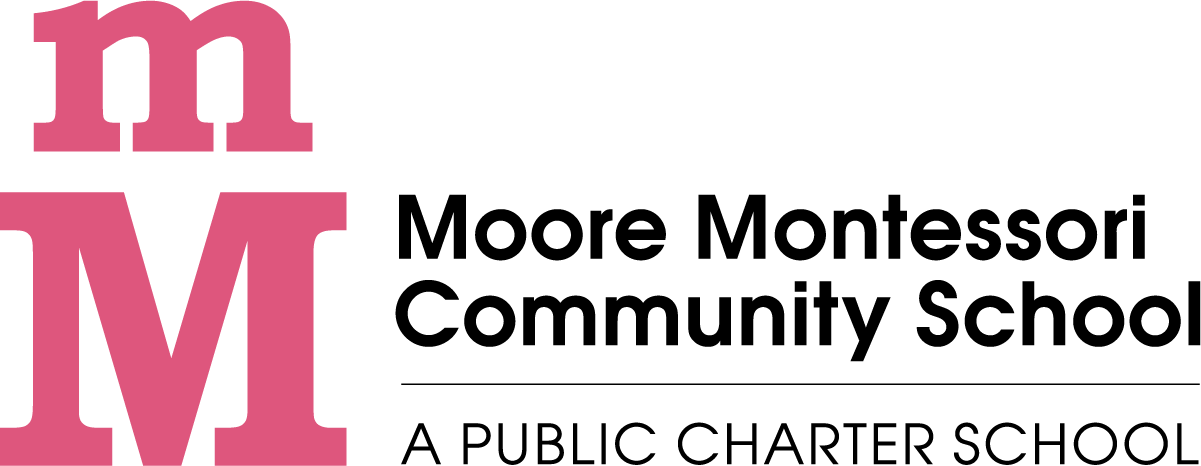Education NC Perspective
For North Carolina parents seeking innovative education models, one option is public Montessori. Montessori is a hands-on, individualized approach that fosters a student’s love of learning while developing academic and executive function skills. National research has demonstrated the long-term benefits of a Montessori education, which include elevated psychological health and well-being for children, higher ACT scores, and a diminished opportunity gap.
In the past, this premier education model has been out of reach for working and middle class families, as over 90% of Montessori programs were in private, tuition-based schools. Today in North Carolina however, we have almost 20 public programs offering Montessori at no cost to families. Students in these schools perform at or above local and state academic outcomes on end-of-grade standardized testing. And families want more: for every one available public charter Montessori seat, ten North Carolina families remain on waitlists.
Public Montessori schools deliver strong student outcomes in part because their teachers are trained in intensive, Montessori-specific teacher preparation programs. To complete Montessori training, teachers must have a bachelor’s degree and successfully finish Montessori coursework — including observation, practice teaching, and exams —typically over a span of 12 to 24 months, and a cost of $10,000 or more.
Yet public Montessori schools in districts across our state are not able to hire an already highly trained Montessori teacher, unless that teacher has also completed a traditional teacher preparation program, which is designed for a different pedagogical approach.
In other words, to obtain a North Carolina teaching license, an already trained Montessori teacher has to take costly, redundant coursework.
The current licensure requirements are actively discouraging these otherwise qualified, classroom-ready teachers from entering existing public Montessori classrooms across North Carolina at a time when parental demand greatly exceeds supply. In fact, we are at risk of losing these qualified teachers to nearby states like South Carolina, Virginia, Georgia, and Maryland, where legislators have already updated their licensure processes to create a pathway for public Montessori teachers.
Fortunately, there is a solution already at hand: promising legislation is included in the North Carolina House Budget, as an amendment introduced by Representative John Bradford, which passed overwhelmingly by 107 to 8. This legislation would allow teachers who have a bachelor's degree and Montessori credentials and have completed State Board of Education examination requirements to obtain a North Carolina teaching license to teach in Montessori-specific classrooms within our public school system.
The Montessori Association of North Carolina is heartened by this support from the North Carolina House of Representatives. Parents, teachers, and administrators from across North Carolina are now working alongside the Montessori Association of North Carolina and the Charlotte Mecklenburg Montessori Parent Advocacy Group to build support for this provision to ensure it is included in the final state budget later this year.
If included in the final budget, this provision would place additional passionate, qualified teachers in North Carolina classrooms as soon as August of this year. This is a smart, no-cost solution to address parental demand for public Montessori education, and the statewide teacher shortage.
This article first appeared on EducationNC and is republished here under a Creative Commons license.

